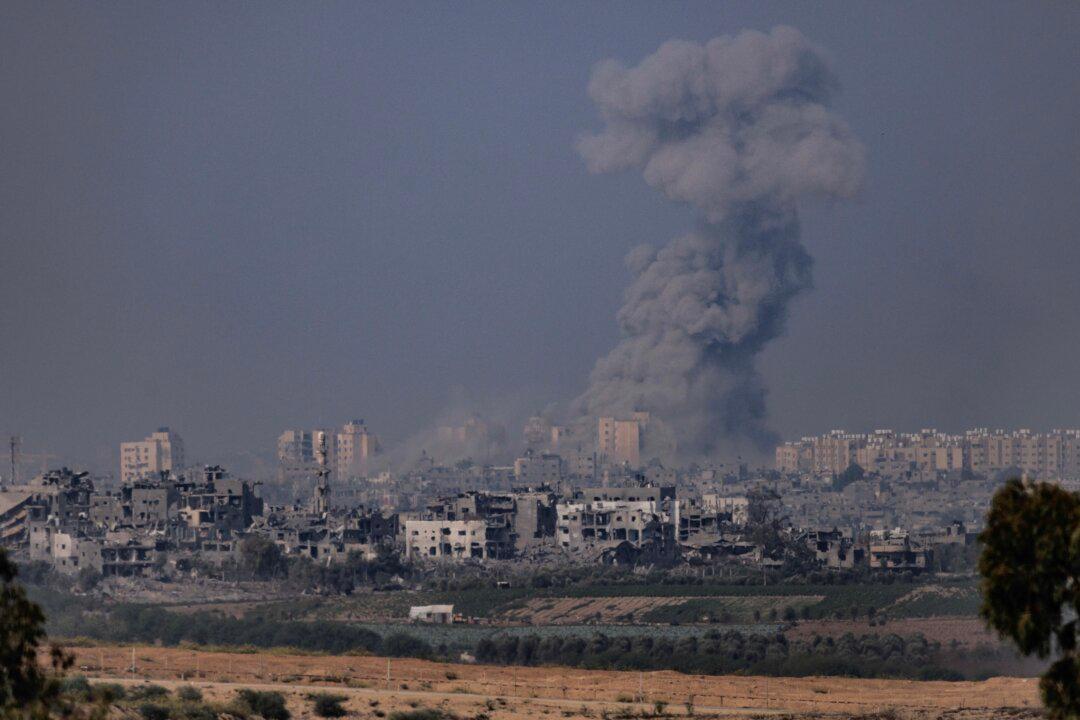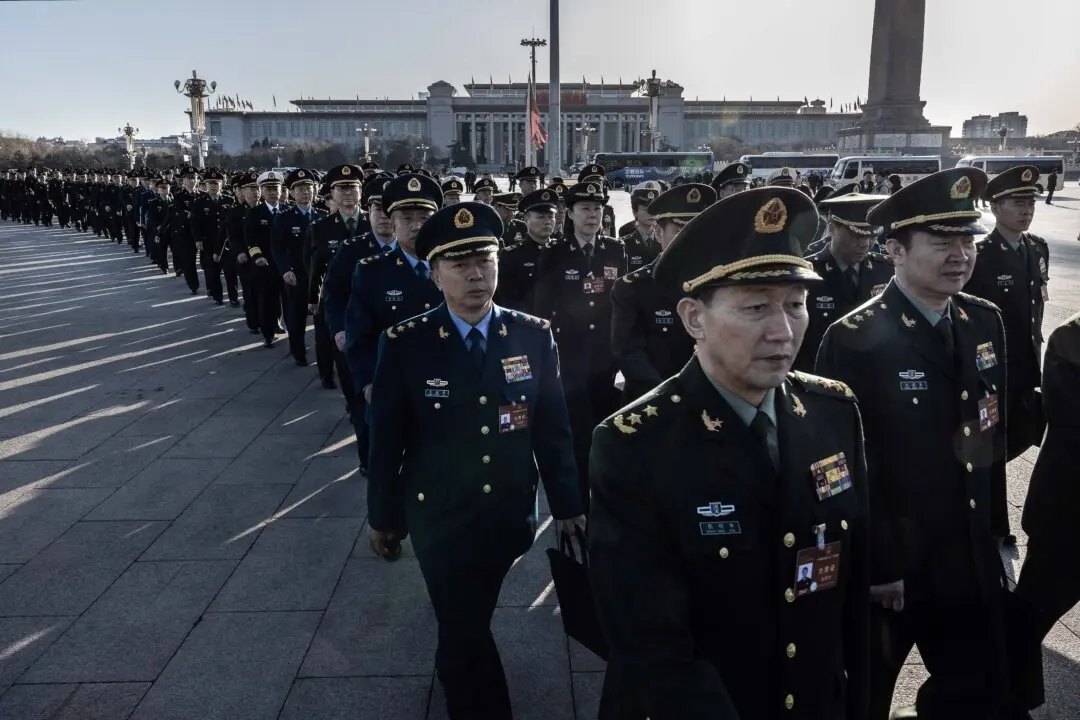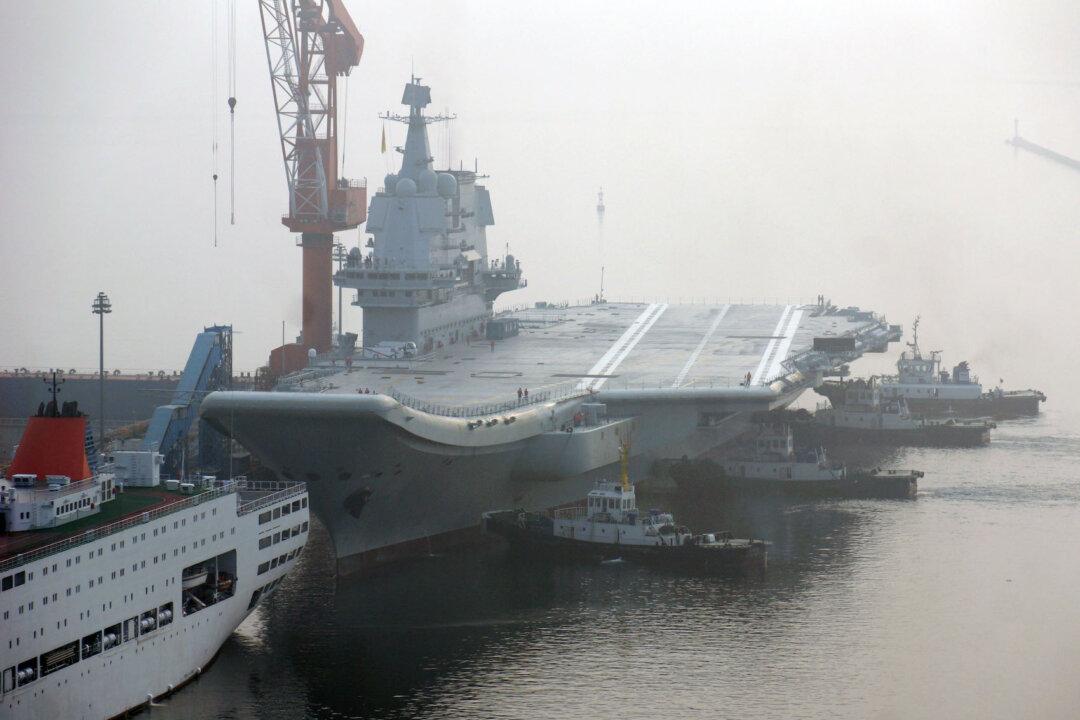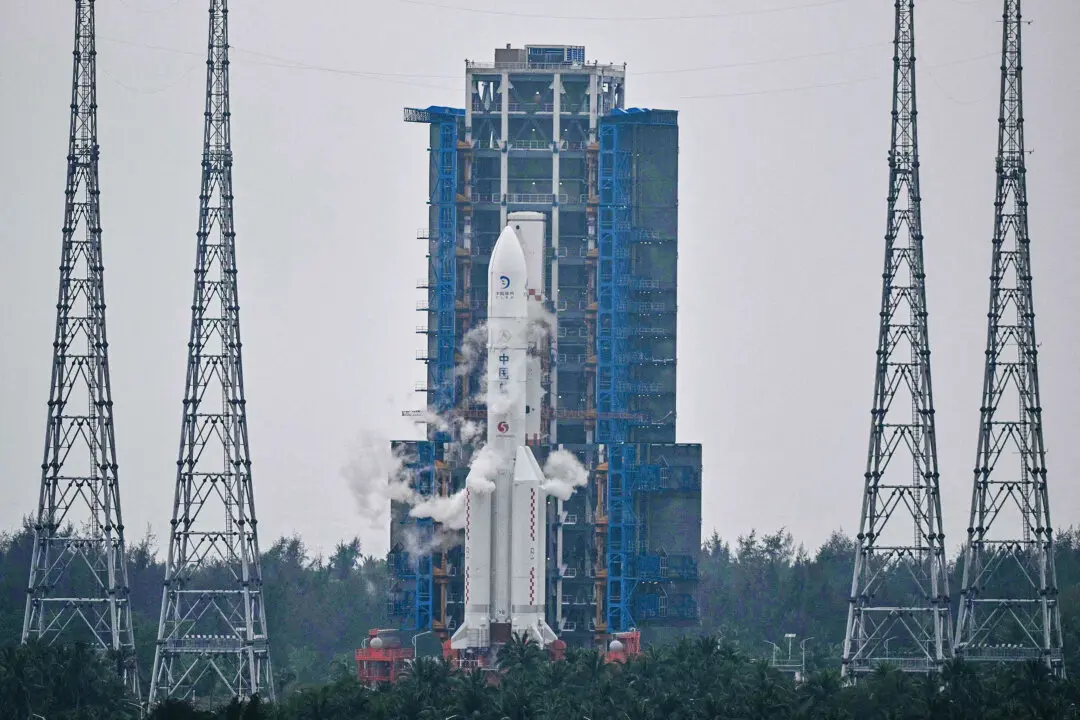Commentary
On Nov. 10, Saudi Arabia hosted a gathering of 57 Arab and Muslim leaders to address the Hamas–Israel situation. The conflict’s intensity has sparked controversy, leading some Muslim-majority nations to distance themselves from their Western allies. Interestingly, it has also prompted a temporary suspension of longstanding disputes between certain Muslim countries.





